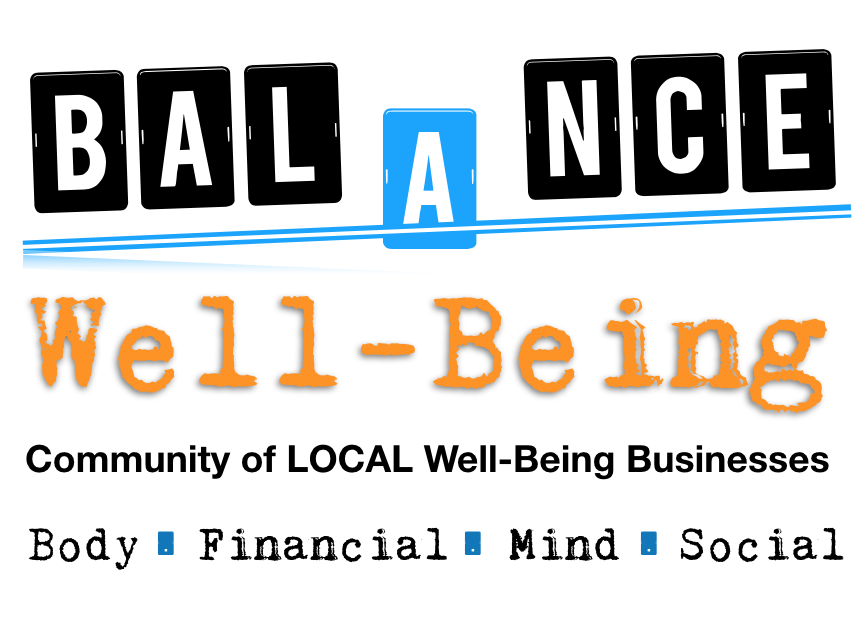 Exercise is a health enhancing behavior that can lead to optimal wellness, but it must be regular. Lack of it, increases your chances of chronic health problems, accidents and even disability. It’s that time of year to get active again. See what the research says.
Exercise is a health enhancing behavior that can lead to optimal wellness, but it must be regular. Lack of it, increases your chances of chronic health problems, accidents and even disability. It’s that time of year to get active again. See what the research says.
Commitment to exercise requires an attitude, and behavioral change. Only then will it replace poor lifestyle habits.You may have good intentions, and then you relapse due to other factors in your life According to psychologist Shelly E Taylor, “changing a health habit isn’t easy, and may occur in stages.” Planning an exercise program and keeping a journal will help your motivation to continue. Group participation adds a social element to your chosen activity. Some people need more social support than others.
Exercise is the easy part, the habit is not. Sticking to a routine must become a new habit. Try replacing a bad habit with exercise. Some people have done it with smoking.
Overall Benefits
The list of benefits of aerobic exercise are endless. If you participate in aerobic exercise you will increase your cardiovascular fitness and overall endurance. The best activities for aerobic exercise are jogging, biking, running and swimming. I may add that long periods of playing racquet sports improve aerobic fitness and strength too.
Apparently benefits have been found even for preschoolers. Increasing the efficiency of the heart muscle makes any activity easier and less subject to fatigue.You will likely see improvements in your body weight, and increase in your muscle tone including joint tissue and flexibility.
Let’s not forget the mental and emotional benefits. Experts have been turning to exercise for prescription for mood, anxiety and depression states. One study assigned depressed women to either an exercise condition, a relaxation training session, or a no treatment session. The exercise group improved their depression more than any other group. Other studies found that the over all capability to cope with stress increased with regular exercise (Taylor, Shelly, E).
A good exercise program may even prevent chronic health conditions, and even cancer too. You can prevent those metabolic disorders that plague middle age.
A Canadian Woman’s Story
I recently read a story about a woman age 50 who took up running for the first time. In the 70’s it was thought that after age 60 you couldn’t benefit from exercise. Of course none of that is true. Experts were forced to do more research in this area. The great news is that up to age 80 and beyond are benefiting from exercise. Scientists have said that long term exercise benefits can even avoid age related illnesses altogether…in many cases.
Margaret Webb, writer and author of the book Older Faster Stronger, put herself through some of the rigors of the research. She says, “You just have to train smarter.” She has become a world-class marathon runner since then. She is a 50 year old runner, who now has reached her former fitness close to that of her twenties! That doesn’t mean we all have to train like that, but it just goes to show you.
You can get healthier through exercise whether you participate in a group or go solo. The moral of the story is that aging can be easier with regular exercise. It works best if you can find a sport you like and stick to it.
Plan a program and reward yourself.You don’t have to be an elite athlete to benefit from long term exercise habits.
CALL TODAY
250-763-5670
